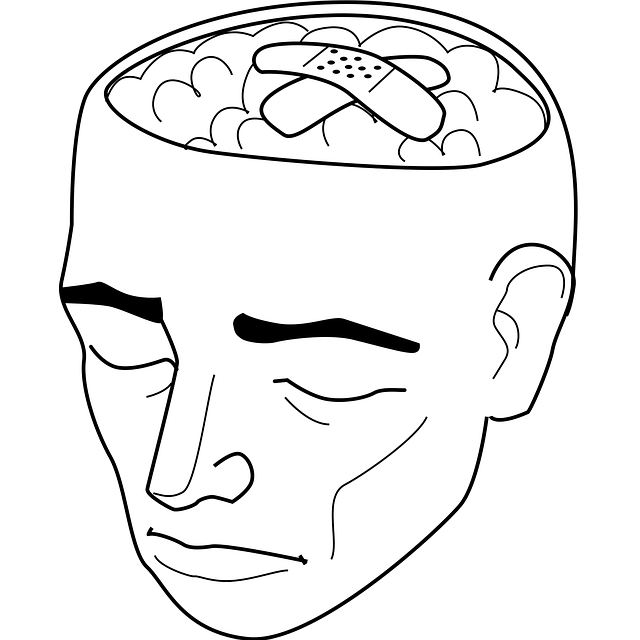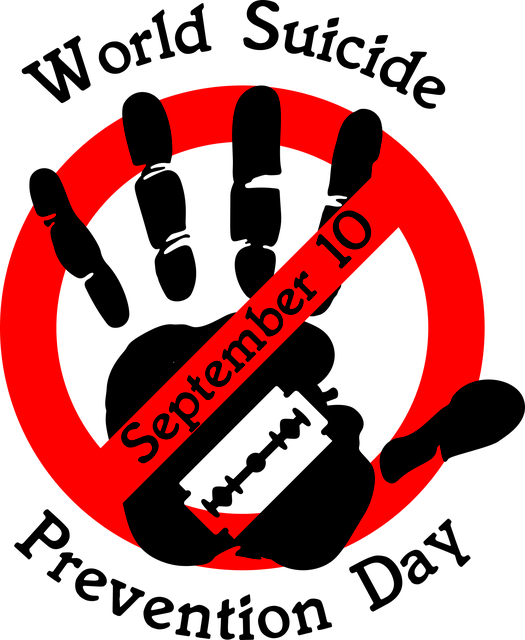Resilience, enhanced through the RFM (Recovery, Flexibility, Mastery) framework, incorporates evidence-based practices like Therapy for Exposure and Response Prevention (TERP) to build robust coping mechanisms. ERP therapy tackles anxiety disorders by rewiring brain responses to triggers, fostering emotional regulation and control over emotions. Incorporating these techniques into daily routines, coupled with cultural competency training for healthcare providers, makes resilience-building more accessible and effective. Overcoming challenges in implementing RFM programs involves open conversations about mental health to reduce stigma and improve societal access to treatment, ultimately contributing to improved mental wellness.
Resilience is a powerful tool for navigating life’s challenges. RFM (Resilience, Flexibility, and Mastery) offers a structured framework to enhance our ability to bounce back from adversity. This article explores how Exposure and Response Prevention (ERP) therapy, a proven technique within the RFM model, empowers individuals to confront fears and modify responses. We’ll guide you through implementing resilience-building exercises in daily life, offering tips for overcoming challenges and fostering long-term success in your journey towards mental fortitude, all while delving into the therapy for exposure and response prevention methods that underpin these practices.
- Understanding RFM: A Framework for Resilience
- Exposure and Response Prevention Therapy: Techniques and Benefits
- Implementing Resilience Building Exercises in Daily Life
- Overcoming Challenges: Tips for Stickiness and Success
Understanding RFM: A Framework for Resilience

Resilience is a critical component of mental well-being, enabling individuals to navigate life’s challenges and adversities with strength and adaptability. RFM (Recovery, Flexibility, and Mastery) is a comprehensive framework designed to foster resilience by targeting these key aspects. This approach draws on evidence-based practices such as Therapy for Exposure and Response Prevention, which helps individuals confront fears and modify responses, thereby building mental agility.
By integrating techniques like risk assessment tailored for mental health professionals, compassion cultivation practices, and mindfulness meditation into their practice, RFM empowers clients to develop a robust coping mechanism. These strategies not only enhance an individual’s ability to withstand stressful situations but also promote a sense of control and personal growth. The RFM framework offers a structured path to resilience, enabling individuals to transform challenges into opportunities for development.
Exposure and Response Prevention Therapy: Techniques and Benefits

Exposure and Response Prevention (ERP) Therapy is a highly effective technique within the realm of cognitive-behavioral therapy. It involves gradual exposure to feared situations or objects, coupled with preventing any habitual coping responses. This process empowers individuals to confront their anxieties head-on, fostering emotional regulation and ultimately leading to significant stress reduction methods. By facing their fears in a controlled environment, clients learn to manage their reactions, which is a crucial aspect of the emotional healing processes.
The therapy’s success lies in its ability to rewire the brain’s response to triggers over time. This approach not only helps individuals gain control over their emotions but also promotes resilience by providing them with tools to navigate challenging situations. Through ERP, clients can learn to tolerate uncertainty and reduce avoidance behaviors, marking a significant shift in their emotional regulation capabilities.
Implementing Resilience Building Exercises in Daily Life

Incorporating resilience-building exercises into daily routines can significantly enhance an individual’s ability to navigate life’s challenges. These practices are particularly beneficial for those seeking trauma support services, as they foster emotional healing processes and promote a sense of control over one’s responses to stressful situations. Therapy for Exposure and Response Prevention (ERP), a well-established technique, is a prime example. ERP involves gradually exposing individuals to traumatic memories or triggers while teaching them new response strategies, helping to reduce the intensity of emotional reactions over time.
Healthcare provider cultural competency training plays a crucial role in introducing these exercises effectively. By understanding diverse backgrounds and perspectives, providers can tailor Trauma Support Services to meet individual needs. This personalized approach ensures that resilience-building techniques resonate with clients, making them more accessible and impactful. As a result, individuals equipped with these skills become better equipped to handle future stressors, fostering overall well-being and mental fortitude.
Overcoming Challenges: Tips for Stickiness and Success

Overcoming challenges is a pivotal aspect of implementing RFM and resilience-building exercises. This process often involves confronting fears and negative thought patterns, which can be daunting. However, one effective strategy proven to enhance stickiness and success in mental health improvement is therapy for exposure and response prevention. By gradually exposing individuals to stressors or triggers, this therapeutic approach helps them learn new coping mechanisms and change their responses to previously distressing situations. It empowers participants to develop resilience, fostering a sense of control over their mental wellness.
Integrating mental health awareness and mental illness stigma reduction efforts into the RFM framework is also vital for long-term success. Encouraging open conversations about mental health challenges breaks down barriers and creates a supportive environment. This collective approach not only enhances the effectiveness of resilience-building exercises but also contributes to broader societal mental wellness by reducing the impact of stigma, paving the way for better access to support and treatment.
Resilience is a powerful tool that can significantly enhance our ability to cope with life’s challenges. By combining Understanding RFM, Exposure and Response Prevention Therapy (ERP), and Resilience Building Exercises (RBE), individuals can develop a robust mental fortitude. ERP therapy specifically targets fears and anxieties by gradually exposing oneself to triggers, while RBE exercises foster adaptability in daily life. Overcoming implementation challenges through adherence tips ensures these strategies become integral parts of one’s routine, leading to lasting resilience and improved well-being.














